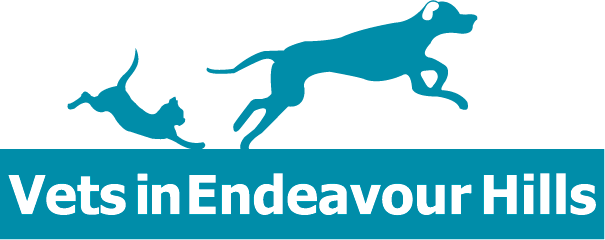If you’re the proud new owner of a puppy, no doubt you’ve already realised that this early stage of your pet’s life is a crucial time to establish good behaviors and encourage socialization. But beyond these, there are several important steps which need to be taken to set your puppy up for a healthy, happy life. Our veterinarians are dedicated to ensuring your puppy get the best possible start in life and are here to provide you with all the support and guidance you need to ensure the health of your new pet. On this page, you will find our new puppy health checklist with all the major healthcare building blocks that need to be put in place during the first few months of your puppy’s life.
Complimentary health checks
Vets in Endeavour Hills is pleased to offer complimentary health checks for new puppies that are not yet due for their 2nd vaccination. This can allow early peace of mind that your new furry friend is happy and healthy, and that you are addressing all of their needs as early as possible. It can also give you an opportunity to discuss any questions you may have regarding their health care with one of our friendly vets.
Vaccinations
Vaccinations are a frontline defense against many devastating viral infections. Vaccination courses start early, typically between 6-8 weeks of age and then boosters are given at 4 week intervals until the puppy is between 14-16 weeks. After this period, annual booster shots are recommended to ensure antibody levels remain strong.
Intestinal worming
Many puppies are born with worms and given some types of intestinal worm can cause illness in humans, we recommend starting early and worming the puppy every two weeks between 2-12 weeks of age. After that, worming treatments should be administered monthly until the 6 month of age, and then once every three months after that.
Heartworm
Heartworm prevention begins from 3 months of age and there are a number of different ways this can be administered including in the form of a monthly topical application, a daily or monthly chewable, or an annual injection. Talk to your vet to determine the best treatment option for your animal.
Fleas
Flea control needs to start early as fleas can quickly cause skin irritation and be the carriers of tapeworm eggs. Not all flea treatments are suitable for puppies, so you’ll need to consult with your vet to work out a safe and suitable solution for your pet.
Nutrition
Good nutrition is crucial at this early stage of your pet’s life when they are growing quickly. A specially formulated puppy diet is recommended as this contains a unique balance of nutrients (most importantly calcium to promote strong bones and teeth) and is easy for sensitive puppy tummies to digest. Your vet is the best person to consult about the right diet solution for your puppy, as different sizes and breeds of dog grow at different rates and therefore have different nutritional requirements.
Other Related Services
For more information on related services, please visit the pages below.
Adult Dog Vet ServicesSenior Dog Vet ServicesDog & Puppy DesexingDog & Puppy Dental Care




